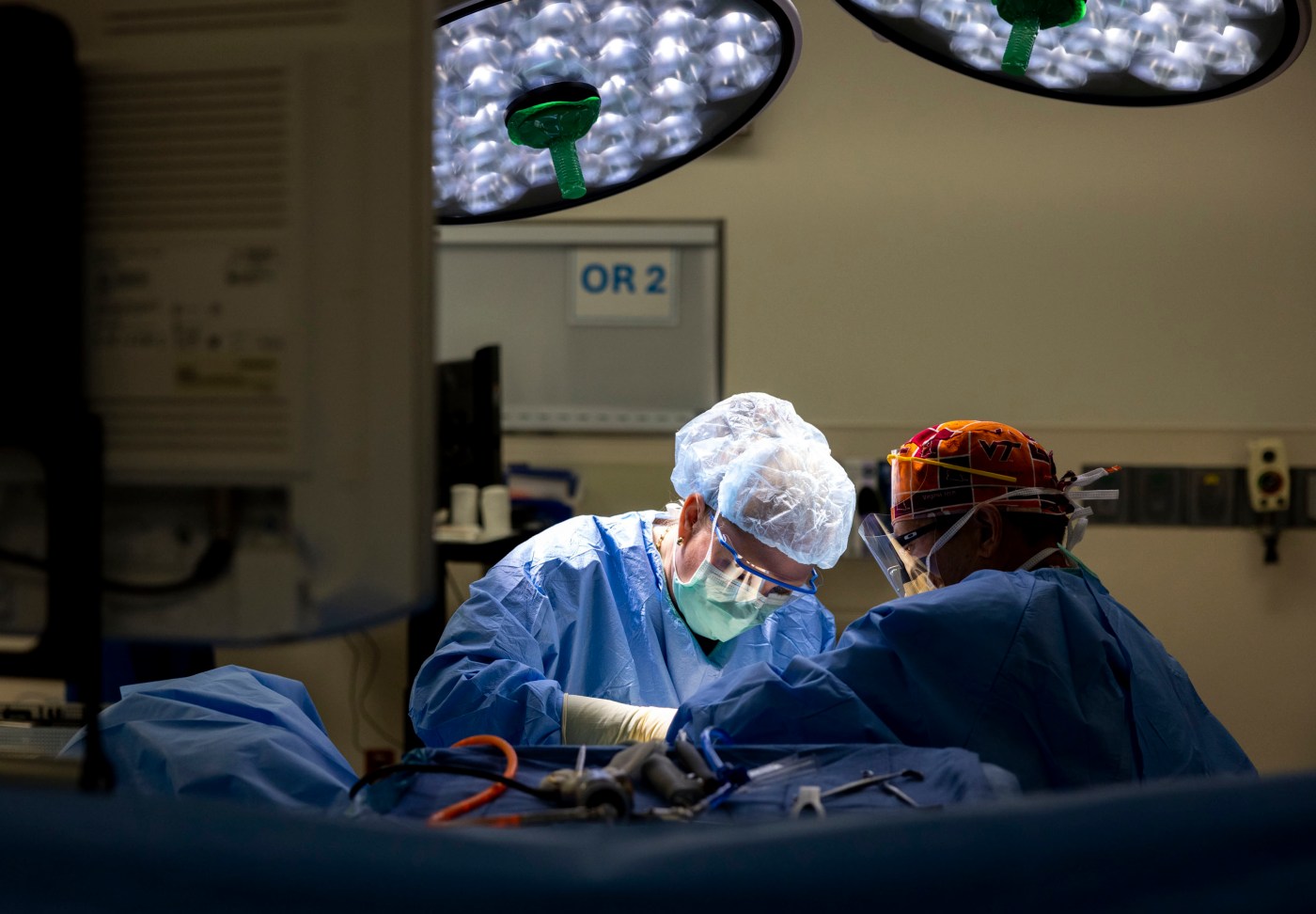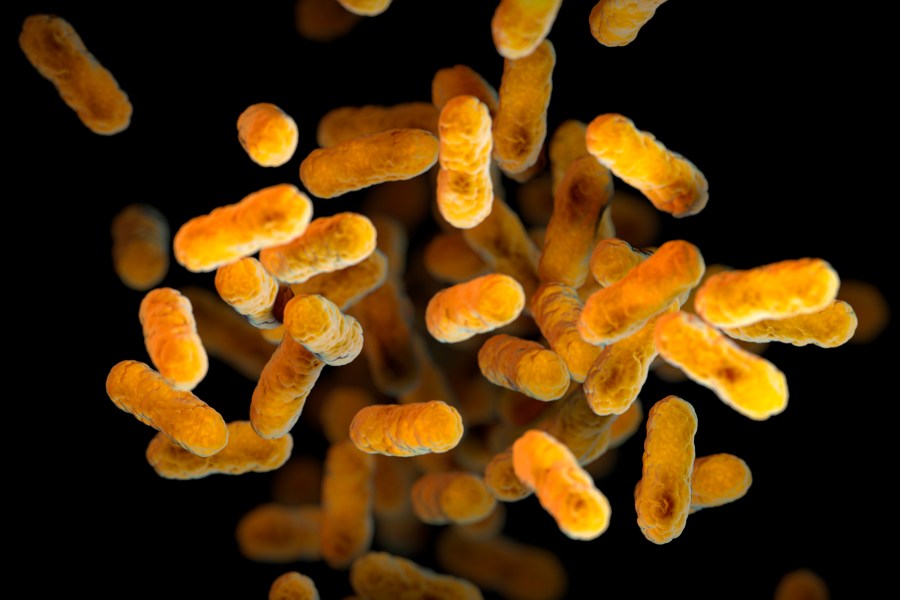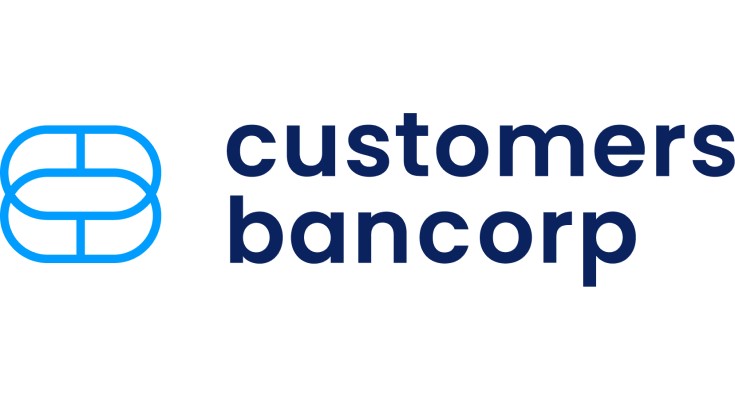
The European Medicines Agency (EMA) has granted orphan drug designation to pegtarazimod (RLS-0071) for the treatment of patients suffering from graft-versus-host disease (GVHD). This designation is a significant regulatory milestone that underscores the urgency of addressing the unmet medical need in acute GVHD, which often occurs following hematopoietic stem cell transplantation (HSCT).
The EMA’s decision was influenced by data from the ongoing phase 2 AURORA trial (NCT06343792). This trial evaluates pegtarazimod in six experimental and two expansion cohorts of hospitalized patients with steroid-refractory acute GVHD. According to David Marek, the chief executive officer of ReAlta, the positive feedback from the EMA related to the initial phase 2 data is encouraging. He stated, “Receiving EMA orphan drug designation represents a significant new regulatory milestone… This designation, alongside our existing FDA orphan drug and fast track designations for acute GVHD, validates the potential of our novel dual-targeting approach.”
In August 2024, the U.S. Food and Drug Administration (FDA) also granted orphan drug and fast track designations to pegtarazimod for the same indication. This dual recognition highlights the drug’s potential in a challenging therapeutic landscape.
Pegarazimod is a 15-amino-acid peptide that selectively inhibits complement activation at C1, myeloperoxidase activity, and the formation of neutrophil extracellular traps. A study published in 2024 demonstrated the drug’s mechanism of action, showing a significant reduction in neutrophils in sputum within six hours after inhalation of low-dose lipopolysaccharide, halving their numbers compared to a placebo (P = .04).
By directly inhibiting mechanisms that lead to inflammation, pegtarazimod aims to prevent the tissue damage caused by donor immune cells attacking the recipient’s tissues. This is especially critical for patients with acute GVHD, which can manifest as a serious and often fatal complication following HSCT.
AURORA Trial Details and Patient Enrollment
The AURORA trial is an ongoing phase 2 open-label, prospective, dose-escalation study enrolling patients globally, including locations in the United States, Germany, and Spain. Eligible participants are adults or adolescents over the age of 12 who are hospitalized for treatment of steroid-refractory acute GVHD, classified as grade II to IV, following allogeneic HSCT.
Patients must have an expected hospital stay of at least one week from the initiation of RLS-0071 and are required to weigh between 40 kg and 140 kg at screening. They are not permitted to plan any additional GVHD treatment or modify existing prophylactic medications during the seven-day treatment course.
The treatment regimen includes varying doses of pegtarazimod, administered every eight hours for either seven or fourteen days. The primary endpoints of the trial focus on treatment-related adverse effects, serious adverse effects, and overall response rates. Secondary endpoints encompass measures such as refractoriness to RLS-0071, overall corticosteroid use, survival rates, and duration of hospital stay.
Clinical Implications and Future Outlook
Dr. Kenji Cunnion, chief medical officer of ReAlta, emphasized the innovative nature of this targeted therapy. He noted, “Our targeted intervention addresses the specific pathways driving tissue damage… while preserving beneficial immune function, unlike broadly immunosuppressive approaches.”
The clinical data generated so far supports the potential of pegtarazimod to mitigate the neutrophil-driven processes associated with acute GVHD, particularly in cases that prove challenging to treat and carry high mortality rates.
Additional data from the AURORA trial are expected to emerge in 2026, which could further illuminate the efficacy and safety profile of pegtarazimod. As the trial progresses, the medical community remains optimistic about the prospects of this novel therapy in improving outcomes for patients facing acute GVHD.






